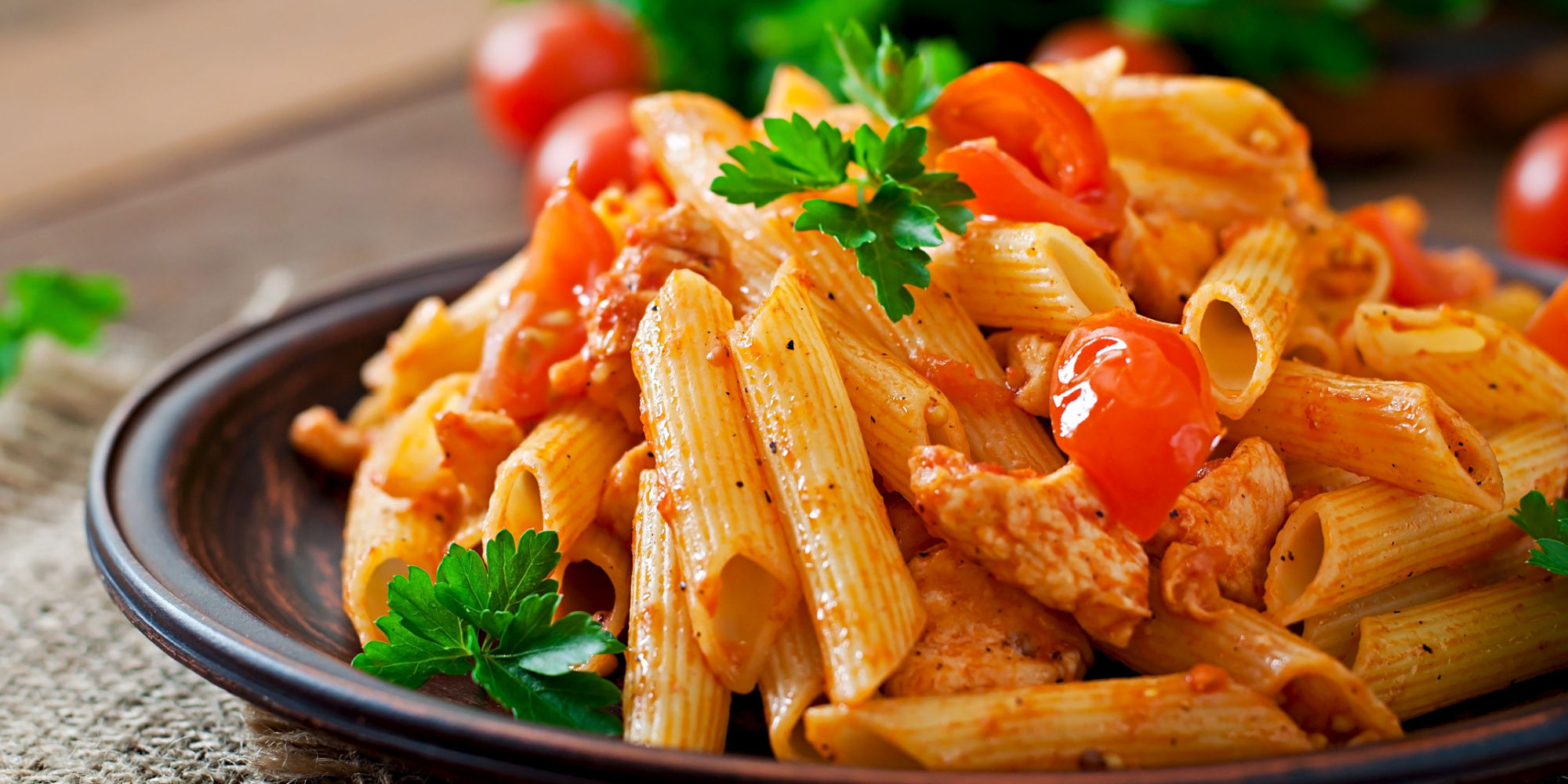Are Carbs Going to Make Me Gain Weight?
Nov 22, 2023 mindpumpCarbs seem to get a bad rep. Many people tend to affiliate carbs with weight gain, which is why low-fat diets are so popular in the dieting world. From the Keto to Atkins diet, the desire to eliminate or heavily reduce carbs is a message that should be widely ignored, and ultimately just disappear.
Unless there is a specific health reason to eliminate carbs from your diet, the average person shouldn’t automatically assume that carbs are the villain when it comes to gaining weight. A lot of the time, it is because there isn’t a clear idea as to what carbs actually are, and the role they play in the body.
Carbohydrates are, indeed, sugars (which I know doesn’t help my case), but there is more to it than that. This macronutrient is our main source of energy, which helps fuel us mentally and physically. We get this energy when carbohydrates are metabolized into sugars after digestion; however, not all carbs are built the same.
Simple carbs are broken down quickly, which means the energy we get is pretty sudden, where we see a quick spike in our blood sugar. We tend to associate simple carbs with starchy breads, pastries, chips, and baked goods. Complex carbs digest and breakdown at a slower rate, providing steady energy throughout the day. These complex carbs tend to also have more fiber and nutrients than simple carbs, keeping you feeling fuller, longer.
Now that we have a better idea of what carbs are, can they make us gain weight?
This is kind of a loaded question–it absolutely can, but the real issue lies in how many carbohydrates you typically consume in your diet. It’s possible to consume carbs and not gain weight, as long as your total calories consumed don’t exceed the amount of calories you burn. You can gain weight from eating too much fat and protein, so the culprit isn’t always carbs. If you believe carbs are the culprit, but you eat a high-fat diet that results in a calorie surplus, you’ll likely see some weight gain that is coming from overconsumption of fat.
The fitness and diet industry likes to demonize a certain nutrient or individual food item, but that should never be the case. Overconsumption of anything can lead to health issues or weight gain. Almonds and peanut butter are traditionally seen as healthy snack options, but overeating these foods will lead to weight gain as well.
One way to determine if you are eating too many carbohydrates is to first start tracking your food. You want to establish a calorie goal, and determine what percentage of calories are coming from carbs, protein, and fat. For the average person, the breakdown should look like this:
Carbs: 50% of total calories
Fat: 30% of total calories
Protein: 20% of total calories
It’s impossible to hit these marks exactly, but if you are around these numbers on a fairly consistent basis, while staying within your calorie range, you are on the right track.
Now, if you find yourself exceeding your calorie-intake goal, and the percentage of carbs consumed is much higher than 50%, then you can probably dial it back a bit. Again, it’s not the carbohydrates that are making you can gain weight, it’s just the amount you are consuming.
I do need to mention that not all carbs are created equal. Those simple carbs we were talking about? We tend to overeat those foods because of how quickly we gain, and lose, energy after consuming them. Eat a meal with lots of processed carbs like pizza, pancakes, or a bagel, and you’ll likely be hungry within a couple of hours. These carbs don’t provide the same feelings of satiety that complex carbs do, which means you have a greater chance of overeating.
To summarize, carbs are not necessarily the culprit to your weight gain–it likely comes down to the amount or number of calories from carbs you’re consuming.







